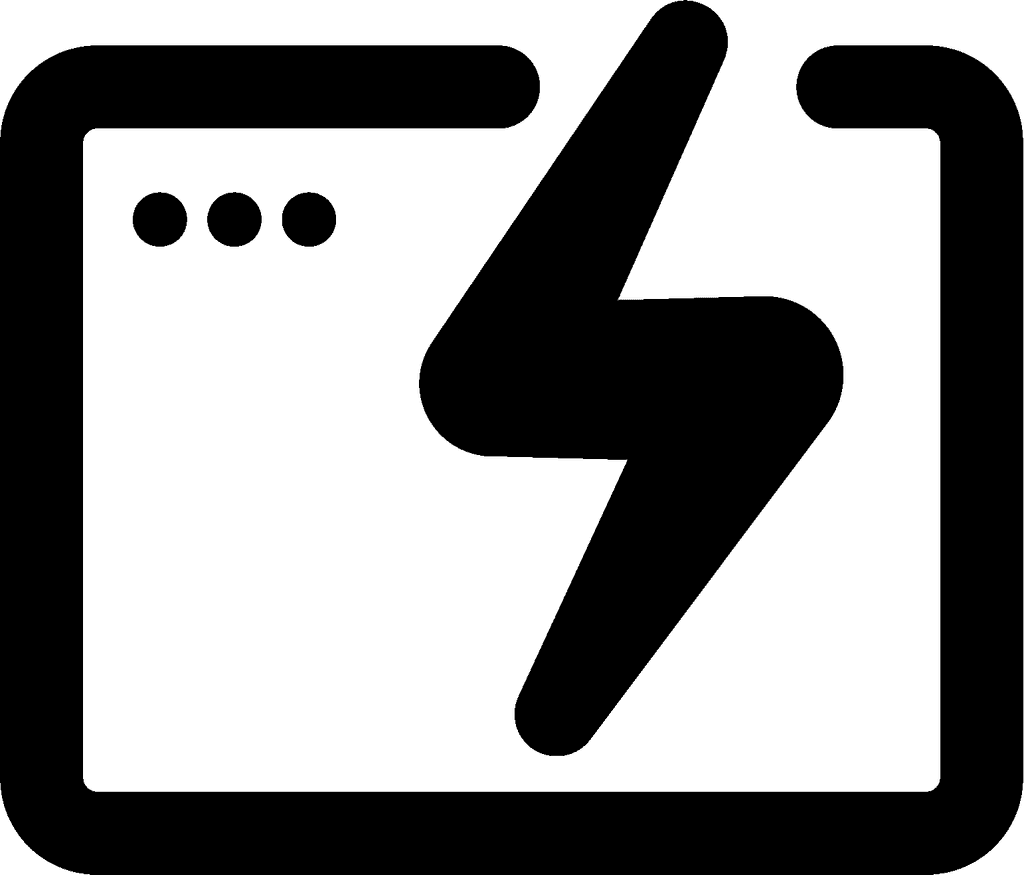ITSM Employee Experience Using AI: Transforming Workplace Efficiency
ITSM and AI are transforming the employee experience in modern workplaces. Organizations are leveraging artificial intelligence to streamline IT service management processes and enhance productivity. AI-powered ITSM solutions are revolutionizing how employees interact with IT support, providing faster resolutions and more personalized assistance.
These intelligent systems can analyze patterns, predict issues, and automate routine tasks, freeing up IT staff to focus on more complex problems. Employees benefit from quicker response times, 24/7 support availability, and more accurate solutions to their technical issues.
AI-enhanced ITSM platforms also offer improved self-service options, empowering employees to resolve common problems independently. This leads to increased satisfaction and reduced downtime, ultimately boosting overall productivity and job satisfaction across the organization.

Understanding ITSM and the Role of AI
IT Service Management (ITSM) and Artificial Intelligence (AI) are transforming how organizations deliver and manage IT services. These technologies enhance efficiency, automate processes, and improve the overall IT experience for employees and customers.
Core Concepts of IT Service Management
ITSM focuses on aligning IT services with business needs. It encompasses a set of practices, processes, and tools to design, deliver, and manage IT services effectively. Key ITSM components include incident management, problem management, and change management.
Service desks play a crucial role in ITSM by acting as the primary point of contact for IT support. They handle user requests, track issues, and escalate complex problems to specialized teams.
ITSM frameworks like ITIL (Information Technology Infrastructure Library) provide guidelines for implementing best practices. These frameworks help organizations standardize processes, improve service quality, and increase customer satisfaction.
Artificial Intelligence in ITSM
AI is revolutionizing ITSM by automating routine tasks and providing intelligent insights. Machine learning algorithms analyze historical data to predict and prevent IT issues before they occur.
Chatbots and virtual assistants powered by AI offer 24/7 support, answering common queries and guiding users through basic troubleshooting steps. This reduces the workload on human agents and improves response times.
Generative AI is enhancing ITSM by creating detailed knowledge base articles, generating code snippets for quick fixes, and drafting responses to complex IT queries. These capabilities streamline support processes and enable faster problem resolution.
AI-driven analytics tools help IT teams identify trends, optimize resource allocation, and make data-driven decisions. This leads to improved service quality and more efficient IT operations.
Enhancing Employee Experience with AI
AI transforms how organizations support and engage employees. It boosts productivity, personalizes experiences, and streamlines onboarding processes.
Impact on Productivity and Support
AI-powered tools enhance employee productivity by automating routine tasks. Chatbots and virtual assistants provide instant support, reducing wait times for IT and HR inquiries. These AI systems can handle common requests, freeing up human staff for complex issues.
Machine learning algorithms analyze support tickets to identify trends and recurring problems. This allows IT teams to proactively address systemic issues before they impact more employees.
AI also enables predictive maintenance of workplace technology. It can detect potential hardware or software failures, scheduling repairs or updates to minimize disruptions to employee work.
Personalization and User Onboarding
AI tailors the employee experience to individual needs and preferences. It analyzes user behavior to customize dashboards, recommend relevant resources, and prioritize notifications.
During onboarding, AI-driven platforms create personalized learning paths for new hires. These systems adapt training content based on an employee's role, skills, and learning style.
Virtual onboarding assistants guide new employees through paperwork, introductions, and initial tasks. They provide 24/7 support, answering questions and directing new hires to appropriate resources.
AI also helps HR teams match employees with mentors and internal opportunities based on skills and career goals. This personalized approach improves engagement and retention.
Operational Efficiency and ITSM Automation
AI integration in ITSM enhances operational efficiency and streamlines service delivery. It enables organizations to automate processes, optimize resource allocation, and improve knowledge management.
Advancing Service Delivery
AI-powered ITSM tools significantly improve service delivery. These solutions analyze historical data to predict and prevent potential issues before they impact users. This proactive approach reduces downtime and enhances employee productivity.
AI chatbots provide 24/7 support, handling routine queries and freeing up IT staff for complex tasks. These virtual assistants learn from each interaction, continuously improving their responses.
Knowledge management systems benefit from AI's natural language processing capabilities. They can quickly retrieve relevant information, ensuring consistent and accurate responses to user inquiries.
AI-Driven Process Automation
Process automation is a key area where AI excels in ITSM. AI algorithms can handle repetitive tasks such as ticket categorization, prioritization, and routing with high accuracy and speed.
Intelligent automation reduces human error and accelerates resolution times. It allows IT teams to focus on strategic initiatives rather than mundane tasks.
AI-driven resource allocation optimizes workload distribution among IT staff. It considers factors like skill sets, availability, and task complexity to assign tickets efficiently.
Predictive analytics help organizations anticipate service demands and allocate resources accordingly. This foresight enables better capacity planning and resource management.
Scaling ITSM with AI Capabilities
AI-powered ITSM solutions offer significant advantages for scaling operations and managing growth. These tools enhance asset management and knowledge bases while adapting to expanding organizational needs.
Asset and Knowledge Base Expansion
AI streamlines IT asset management by automating inventory tracking and maintenance schedules. Machine learning algorithms analyze usage patterns to optimize asset allocation and predict future needs. This proactive approach reduces downtime and improves resource utilization.
AI-driven knowledge bases continuously learn from user interactions and support tickets. Natural language processing enables these systems to understand and categorize new information automatically. The result is a self-improving repository of solutions that grows alongside the organization.
Smart chatbots leverage this expanded knowledge base to provide instant, accurate responses to common IT issues. This reduces the workload on human support staff and improves first-contact resolution rates.
Scalability and Company Growth
AI-powered ITSM platforms adapt seamlessly to increasing user numbers and service requests. Automated workflows and intelligent ticket routing ensure efficient handling of growing support volumes without proportional increases in staff.
These systems can quickly integrate new technologies and services as companies expand their IT infrastructure. Machine learning models adjust to changing environments, maintaining high performance levels during periods of rapid growth.
AI analytics provide valuable insights into service trends and bottlenecks. This data helps IT leaders make informed decisions about resource allocation and process improvements to support company expansion.
Cloud-based AI solutions offer scalable computing power, allowing organizations to handle peak loads without significant hardware investments. This flexibility is crucial for businesses experiencing seasonal fluctuations or sudden growth spurts.
Challenges and Considerations in AI Adoption
Implementing AI in ITSM brings opportunities but also requires careful planning and execution. Organizations must address tool integration complexities and strike the right balance between AI capabilities and human expertise.
Navigating ITSM Tool Integration
AI adoption in ITSM often necessitates integrating new technologies with existing tools and workflows. This process can be complex and time-consuming.
Legacy systems may lack compatibility with AI solutions, requiring upgrades or replacements. Data migration and system interoperability pose significant challenges.
IT teams must ensure seamless data flow between AI systems and ITSM platforms. This integration is crucial for accurate insights and efficient operations.
Resource constraints can impact the speed and success of AI implementation. Organizations need to allocate sufficient budget and personnel for integration efforts.
Thorough testing and validation are essential to minimize disruptions to IT service delivery during the transition to AI-enhanced ITSM tools.
Balancing AI and Human Insights
While AI offers powerful capabilities, human judgment remains critical in ITSM decision-making. Finding the right balance is key to successful AI adoption.
AI excels at processing large datasets and identifying patterns, but may struggle with nuanced or context-dependent issues. Human experts are needed to interpret AI outputs and apply domain knowledge.
Over-reliance on AI can lead to potential oversights or errors. IT teams must maintain skills to critically evaluate AI recommendations and intervene when necessary.
Establishing clear roles and responsibilities between AI systems and human staff is crucial. This delineation helps prevent confusion and ensures effective collaboration.
AI adoption may lead to concerns about job displacement. Organizations should focus on upskilling employees to work alongside AI, fostering a culture of continuous learning and adaptation.
Frequently Asked Questions
AI integration in ITSM brings numerous benefits and impacts various aspects of employee experience. It enhances productivity, decision-making, and personalization while presenting implementation challenges.
What are the benefits of integrating AI in IT Service Management?
AI integration in ITSM streamlines processes and improves efficiency. It automates routine tasks, reducing manual workload and human error.
AI-powered chatbots provide 24/7 support, enhancing responsiveness to employee queries. This leads to faster issue resolution and improved service quality.
Predictive analytics help identify potential problems before they occur, enabling proactive maintenance and reducing downtime.
How does AI influence the productivity of ITSM teams?
AI significantly boosts ITSM team productivity by automating repetitive tasks. This allows team members to focus on more complex, value-added activities.
AI-driven analytics provide insights into service trends and performance metrics. Teams can use this data to optimize their workflows and resource allocation.
Machine learning algorithms can categorize and prioritize tickets, ensuring efficient handling of service requests.
In what ways can AI automation enhance employee satisfaction in ITSM?
AI automation reduces wait times for issue resolution, leading to higher employee satisfaction. Employees experience faster response times and more efficient service delivery.
Self-service options powered by AI allow employees to solve simple problems independently. This empowers them and reduces frustration associated with lengthy support processes.
AI-driven personalization tailors the support experience to individual employee preferences and needs.
What impact does AI have on the decision-making processes in ITSM?
AI analyzes vast amounts of data to provide data-driven insights for decision-making. This enables more informed and objective choices in ITSM strategy and operations.
Predictive models help managers anticipate future service demands and allocate resources accordingly. This improves overall service quality and efficiency.
AI-powered risk assessment tools aid in identifying potential issues and prioritizing mitigation efforts.
How can AI contribute to personalized employee experiences in ITSM?
AI algorithms analyze individual employee behavior and preferences to tailor support experiences. This results in more relevant and effective assistance.
Chatbots and virtual assistants learn from past interactions to provide personalized recommendations and solutions. They adapt their communication style to suit each employee.
AI-driven systems can proactively offer relevant resources and training based on an employee's role and past support requests.
What challenges do organizations face when implementing AI in employee experience initiatives within ITSM?
Data privacy and security concerns arise when implementing AI systems that handle sensitive employee information. Organizations must ensure compliance with relevant regulations.
Integration with existing ITSM tools and processes can be complex and time-consuming. It often requires significant changes to established workflows.
Employee resistance to AI adoption may occur due to fears of job displacement or unfamiliarity with new technologies. Proper change management and training are crucial.
Ensuring the accuracy and reliability of AI-driven decisions and recommendations remains an ongoing challenge. Regular monitoring and refinement of AI models are necessary.

Build a more powerful help desk with Risotto
Minimize Tickets and Maximize Efficiency
Simplify IAM and Strengthen Security
Transform Slack into a help desk for every department
Schedule your free demo



